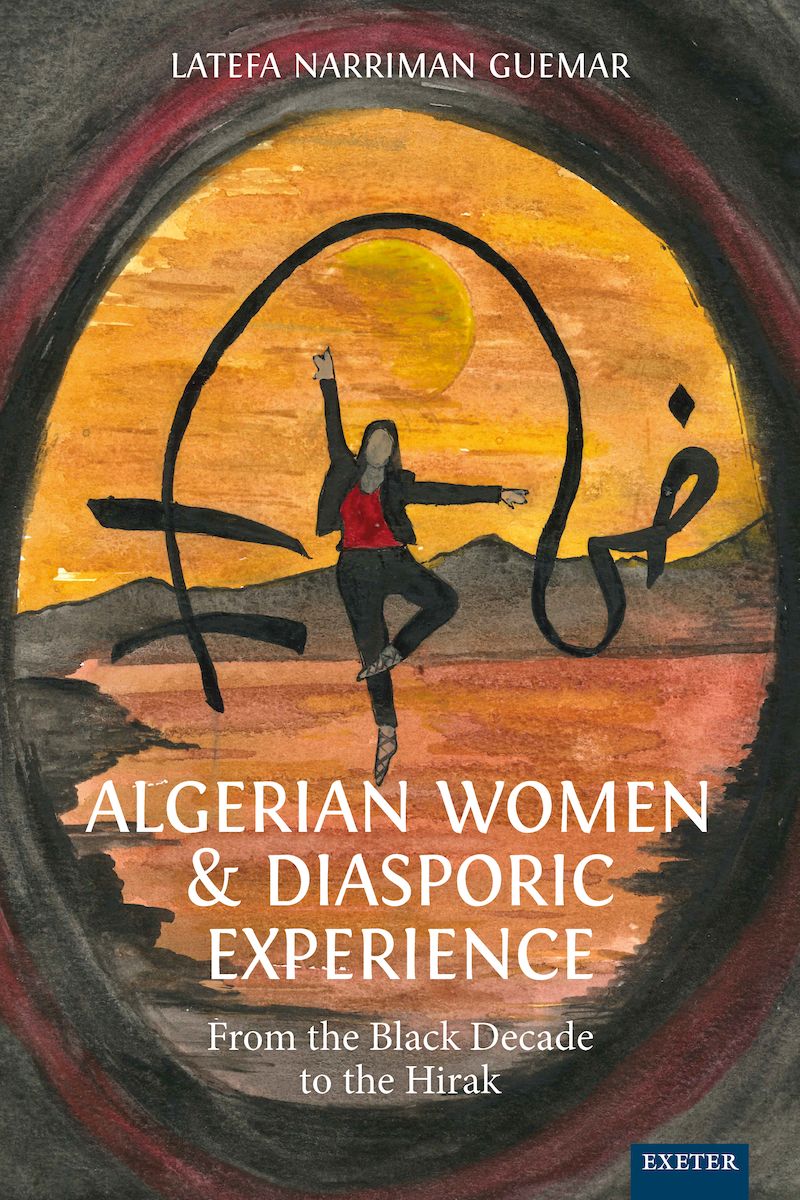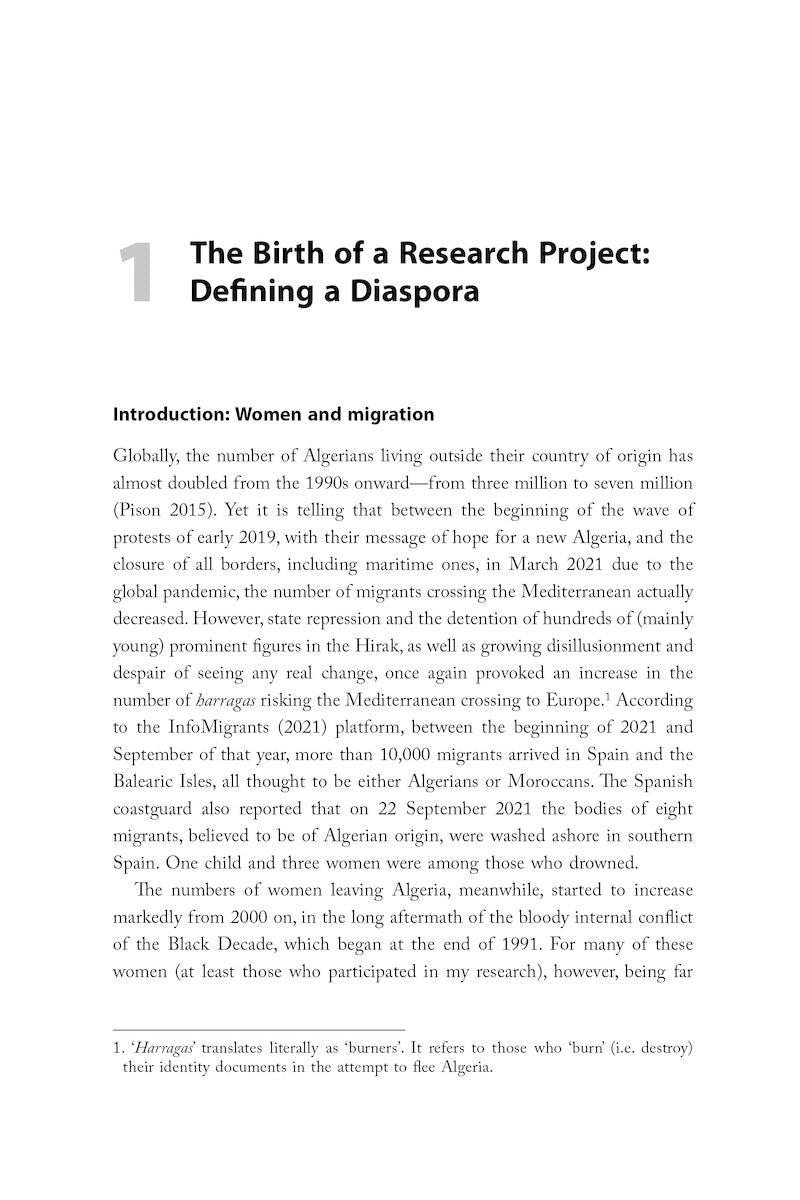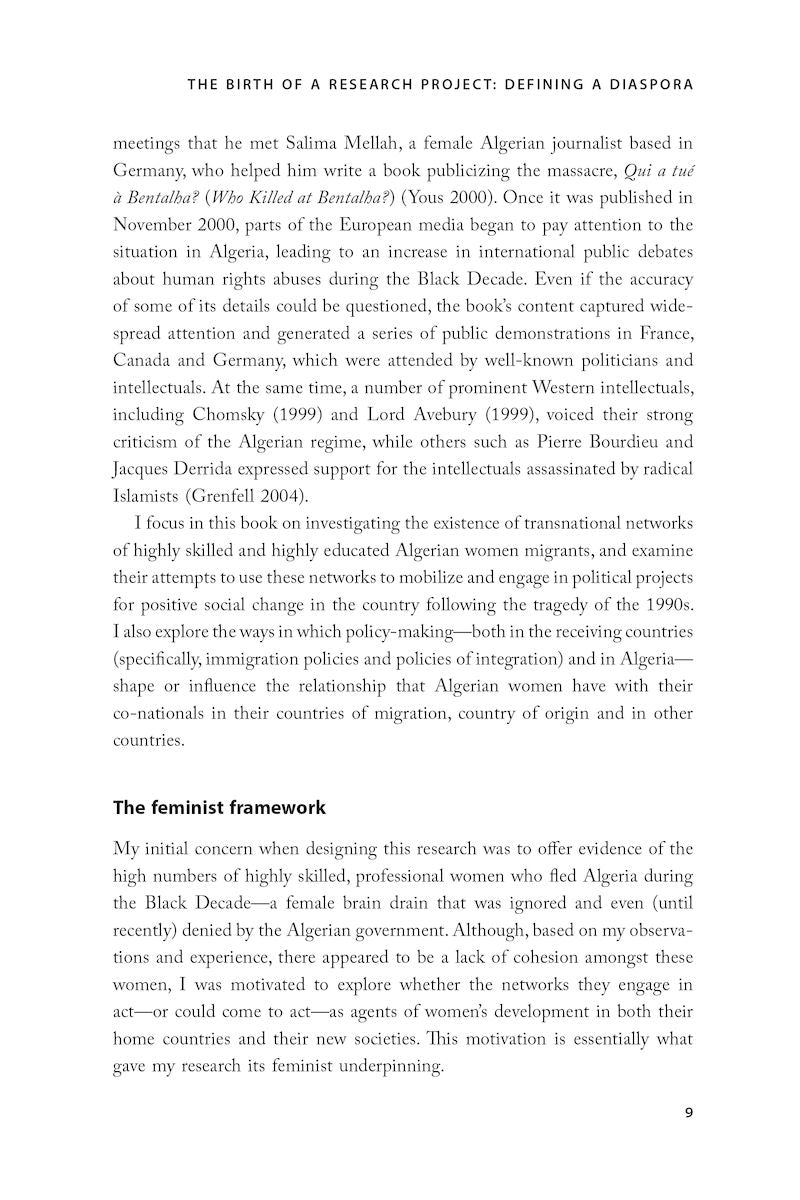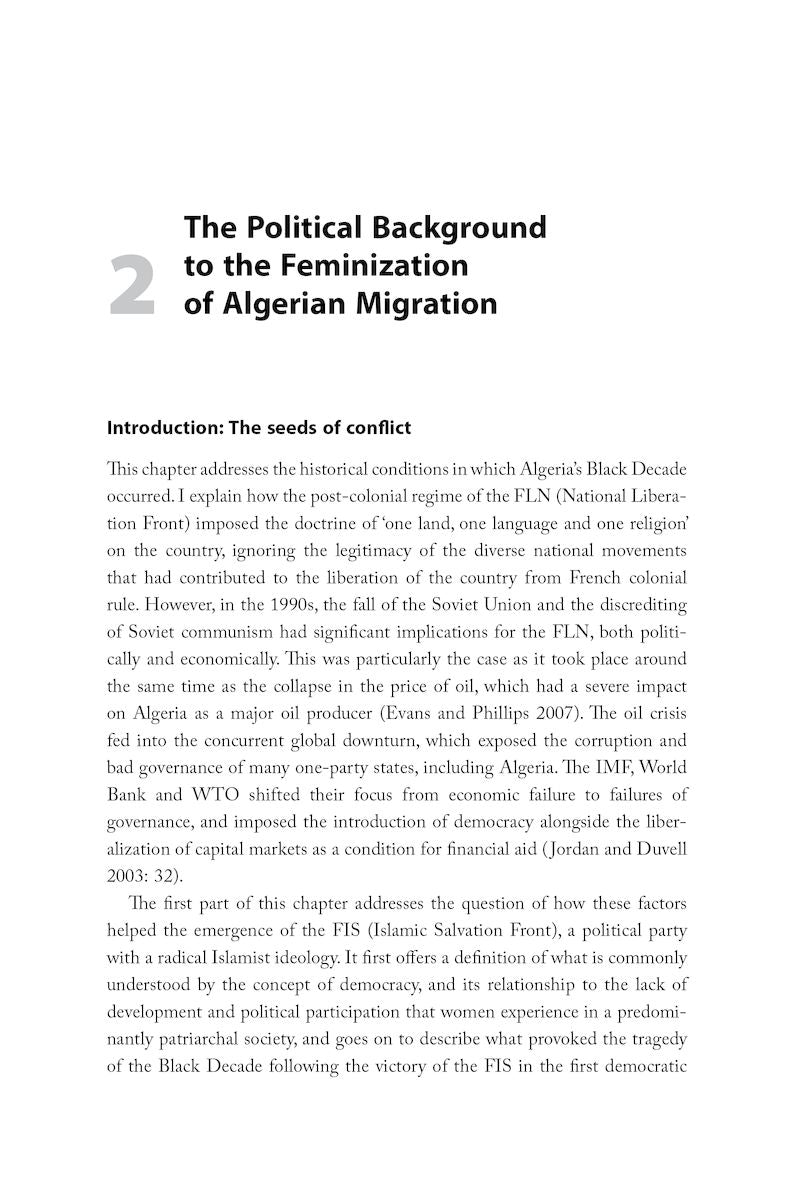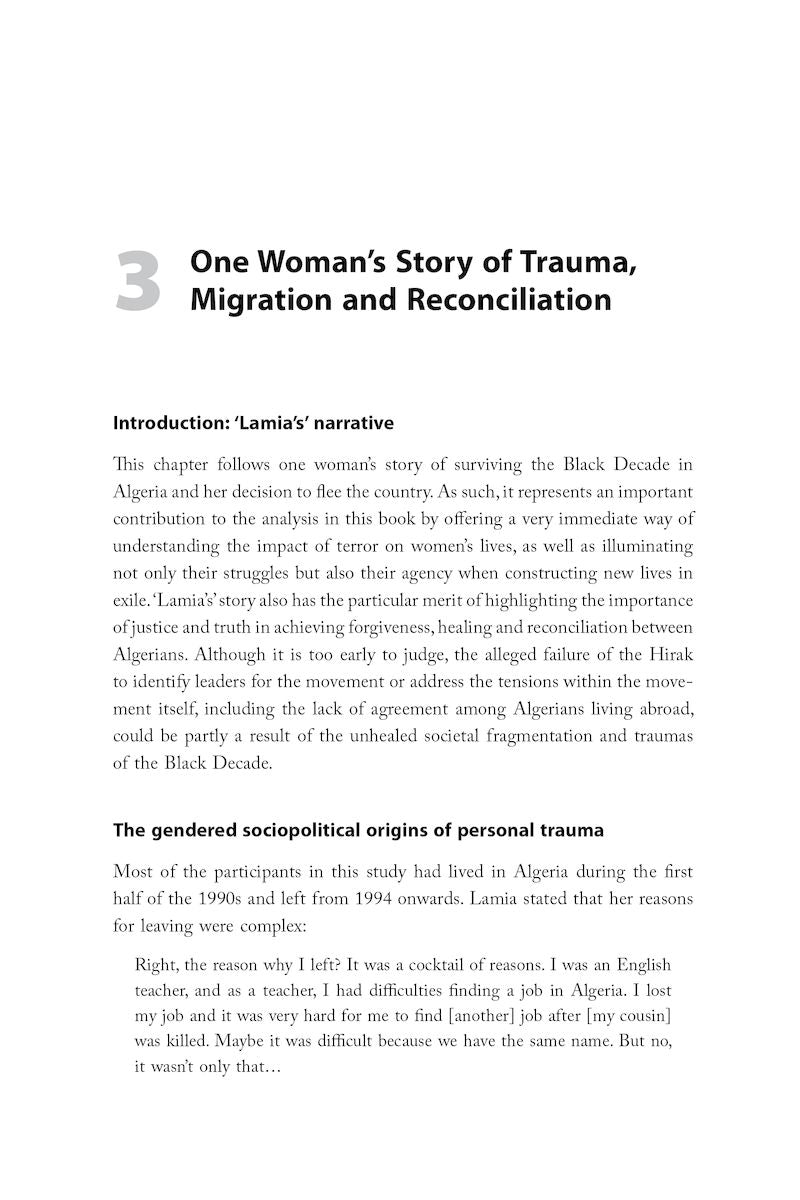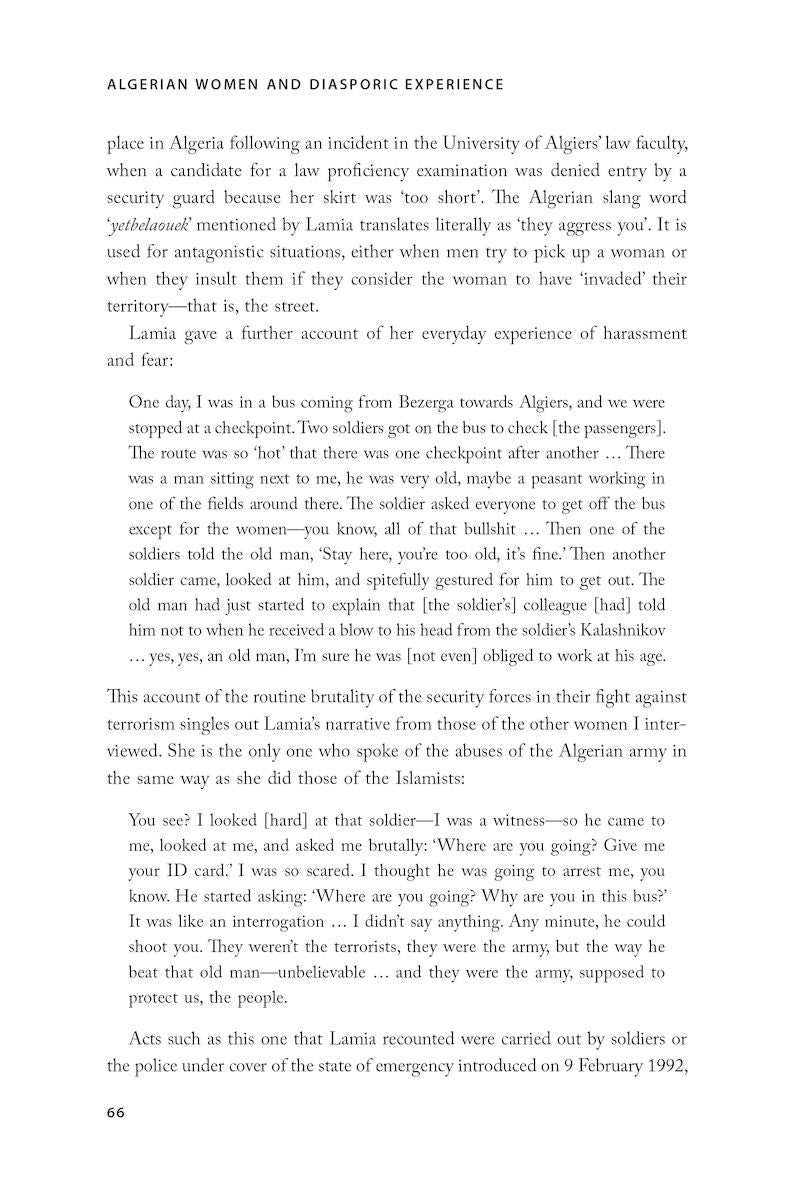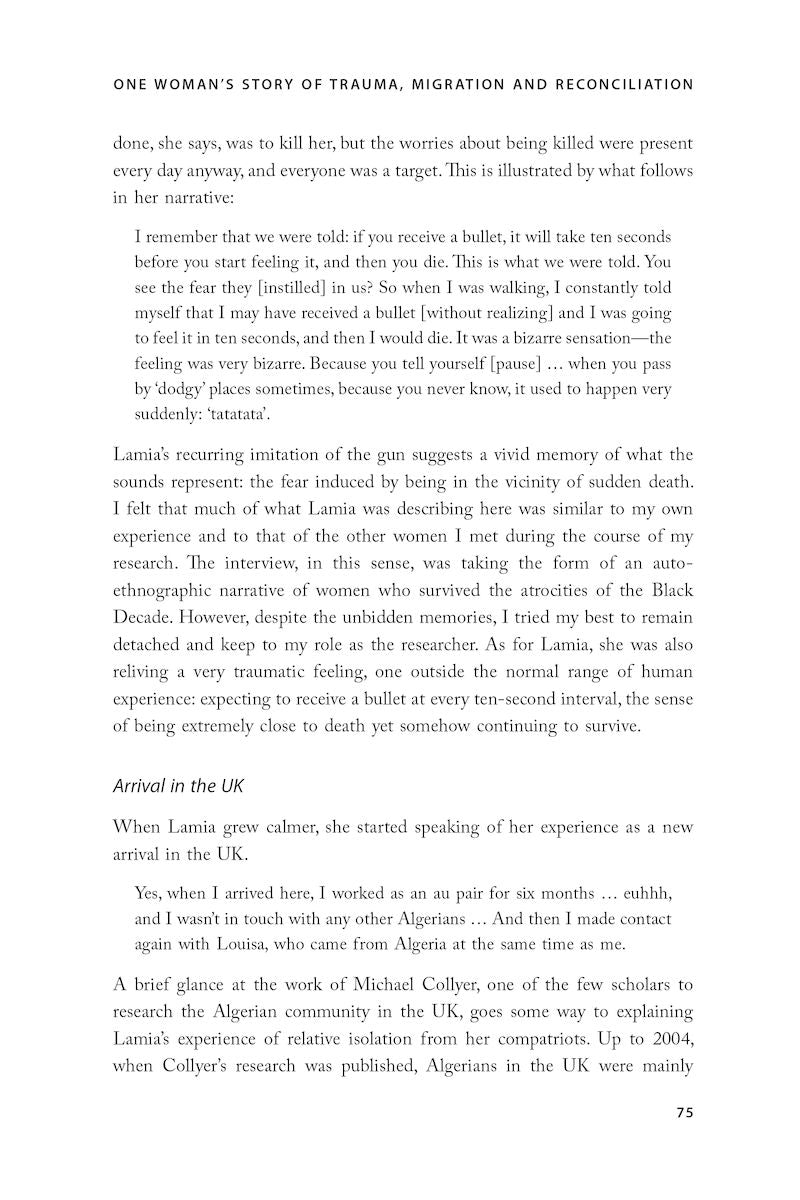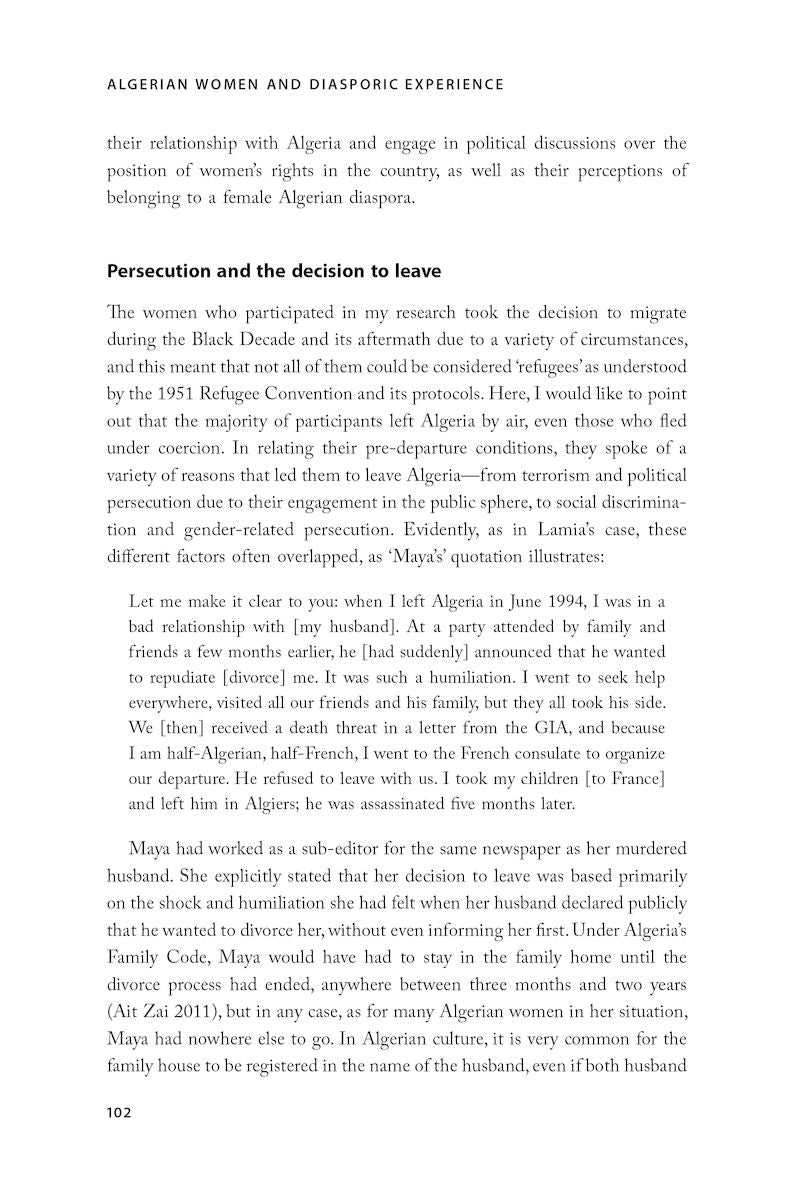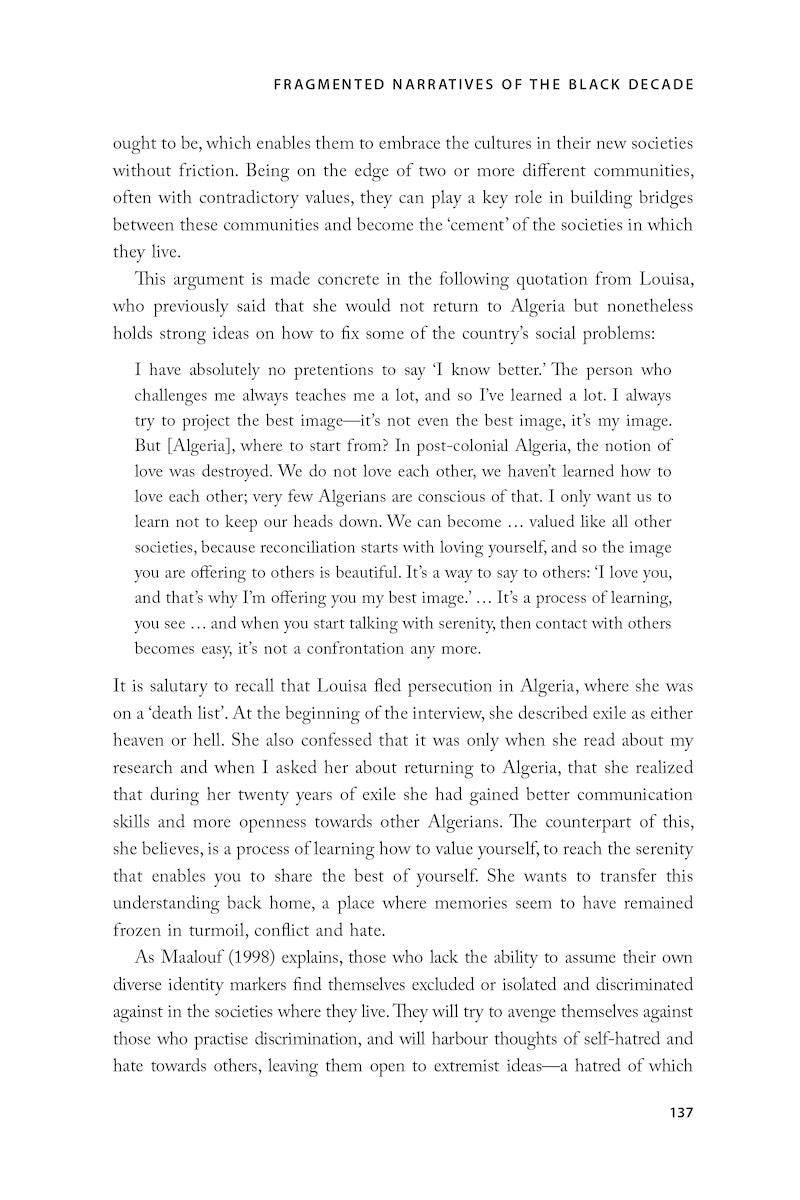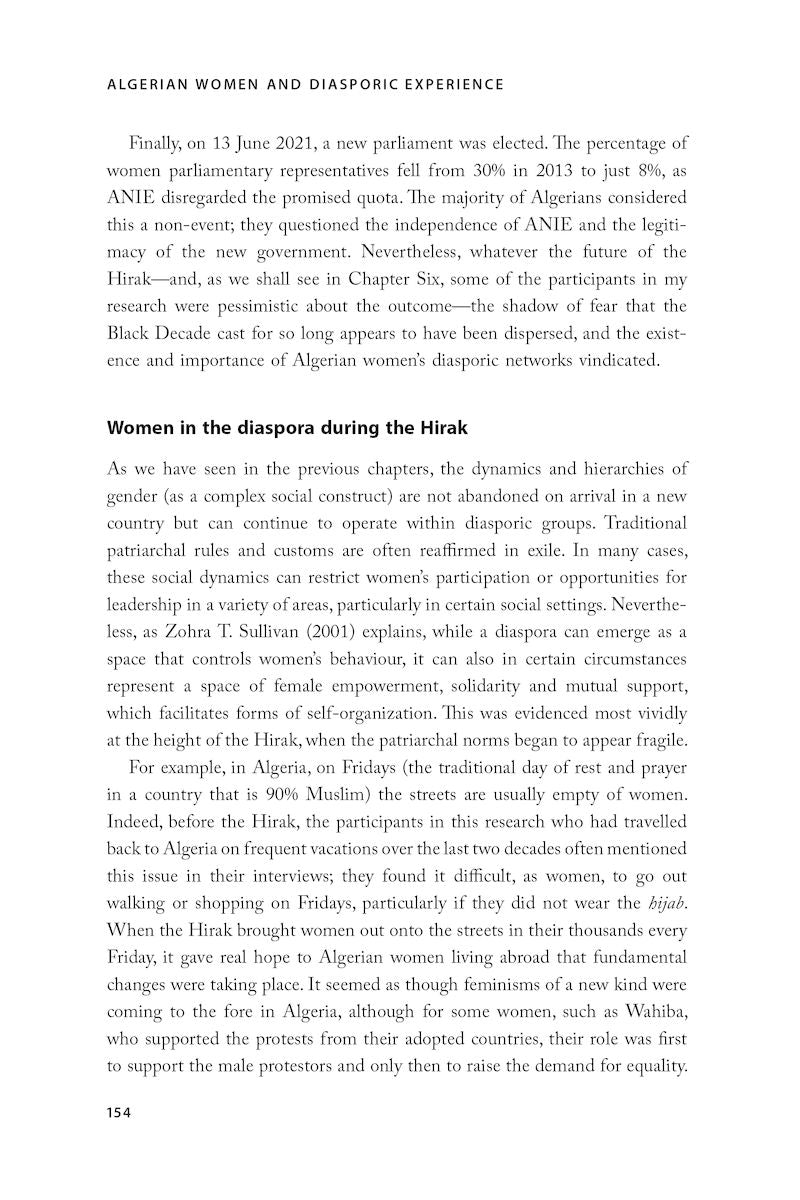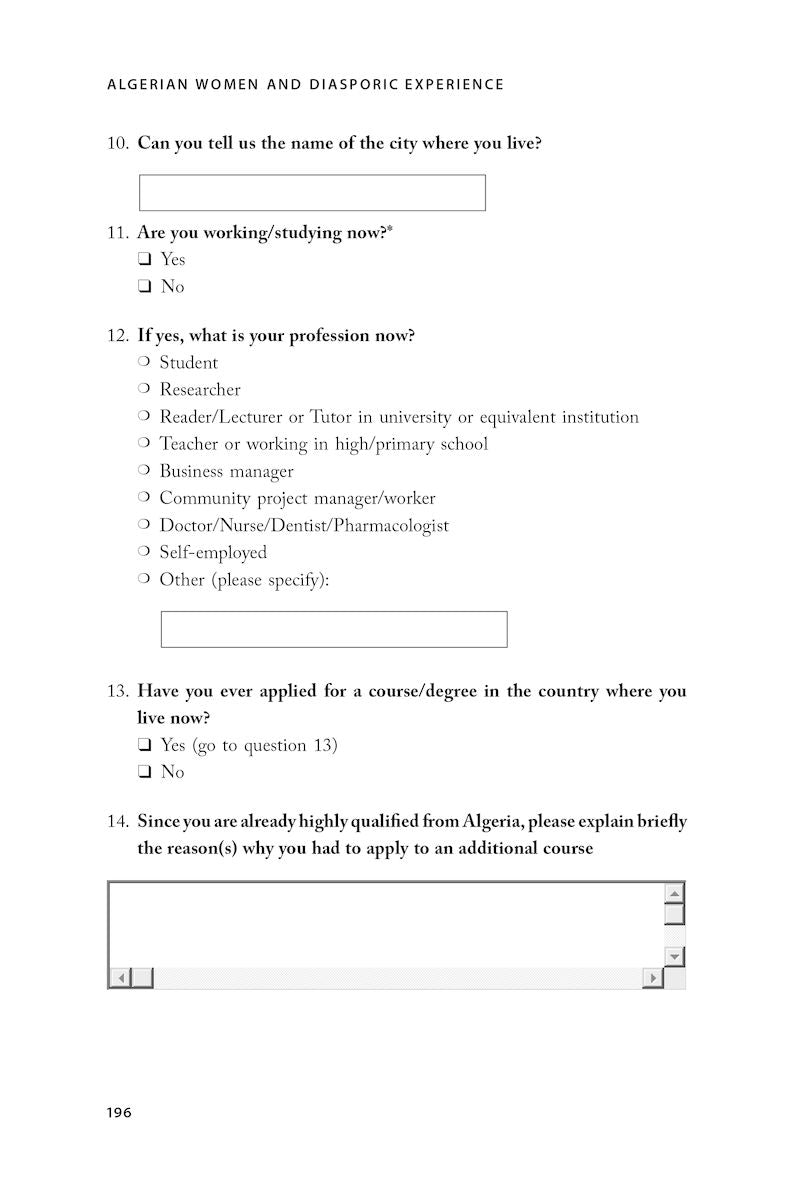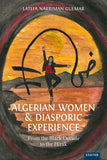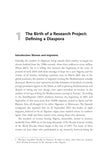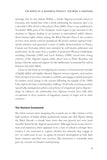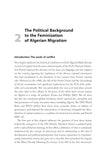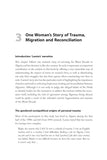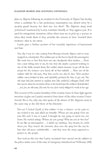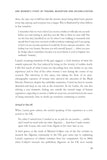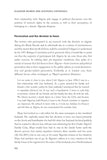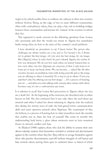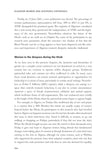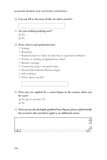University of Exeter Press
Algerian Women and Diasporic Experience
From the Black Decade to the Hirak
Couldn't load pickup availability
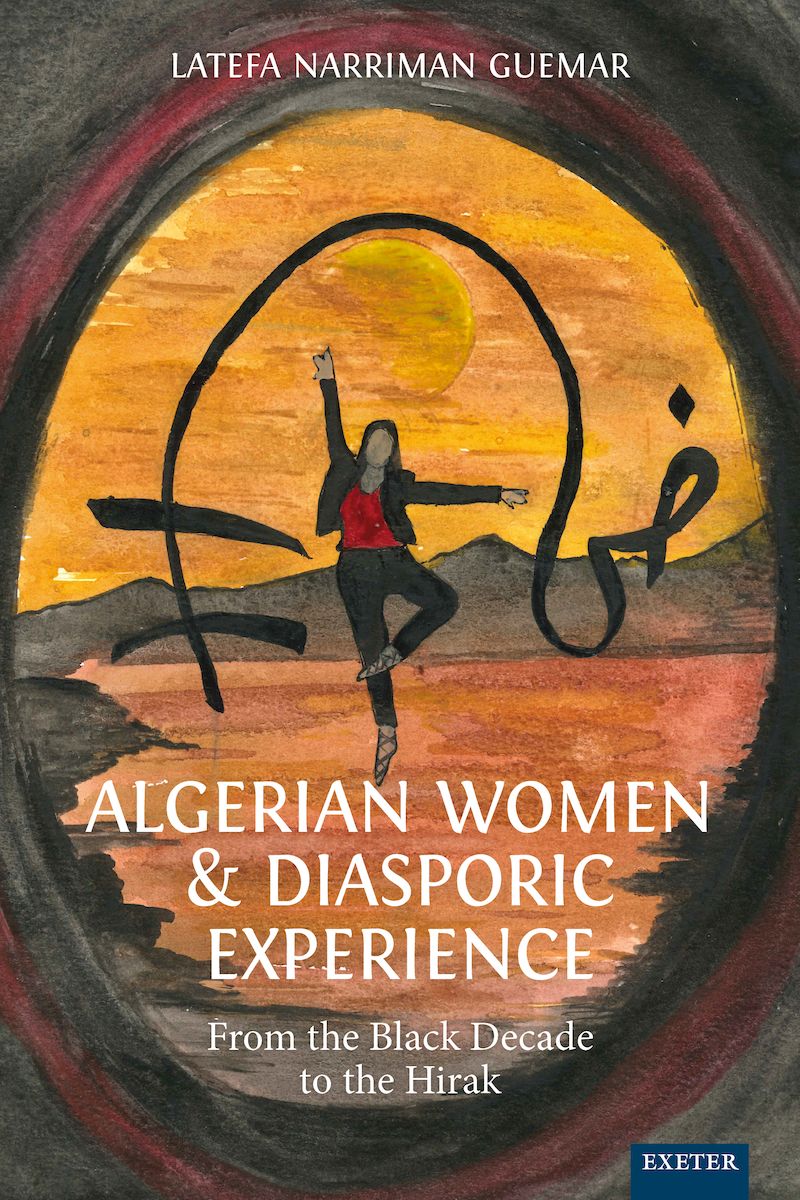
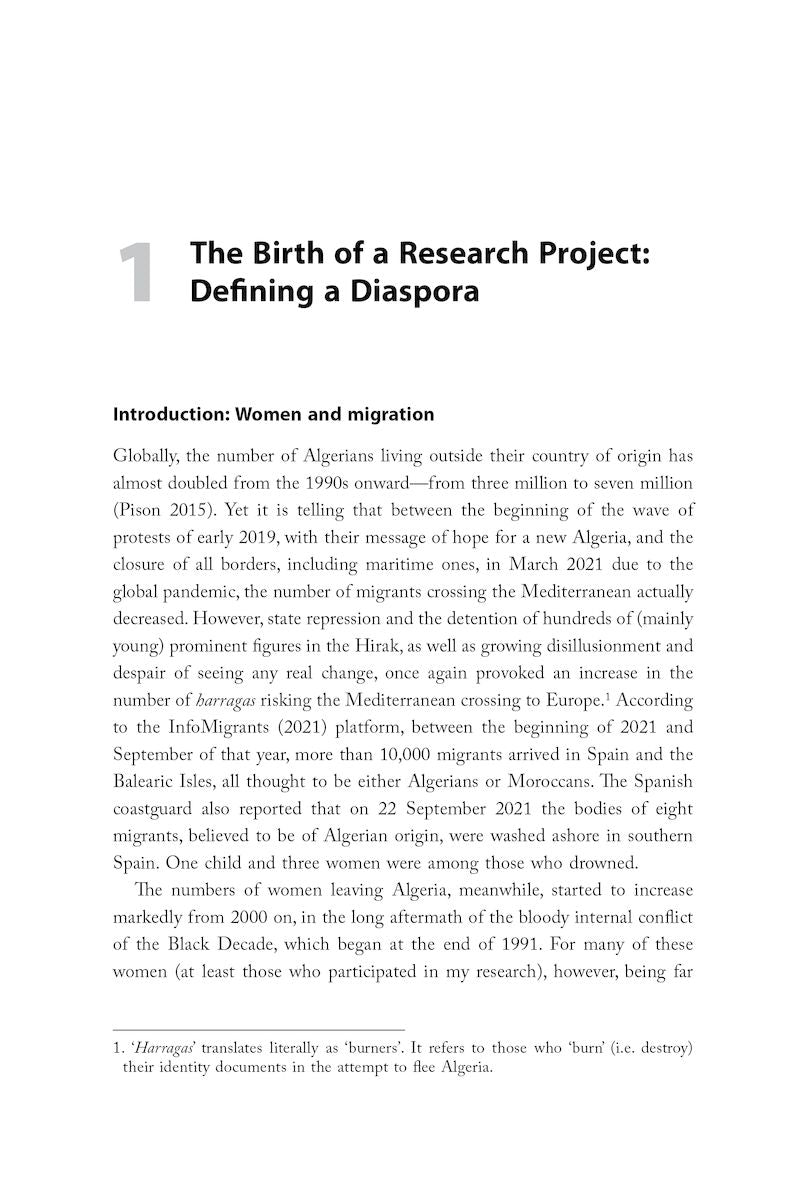
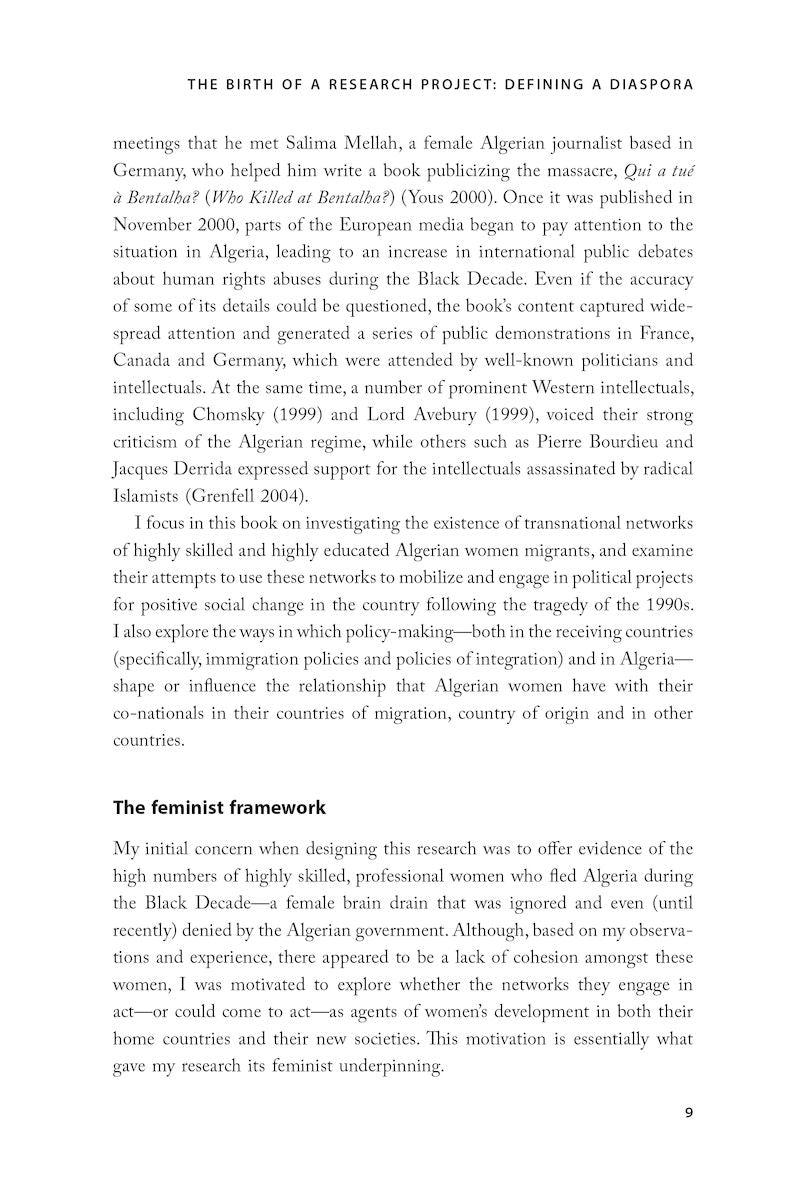
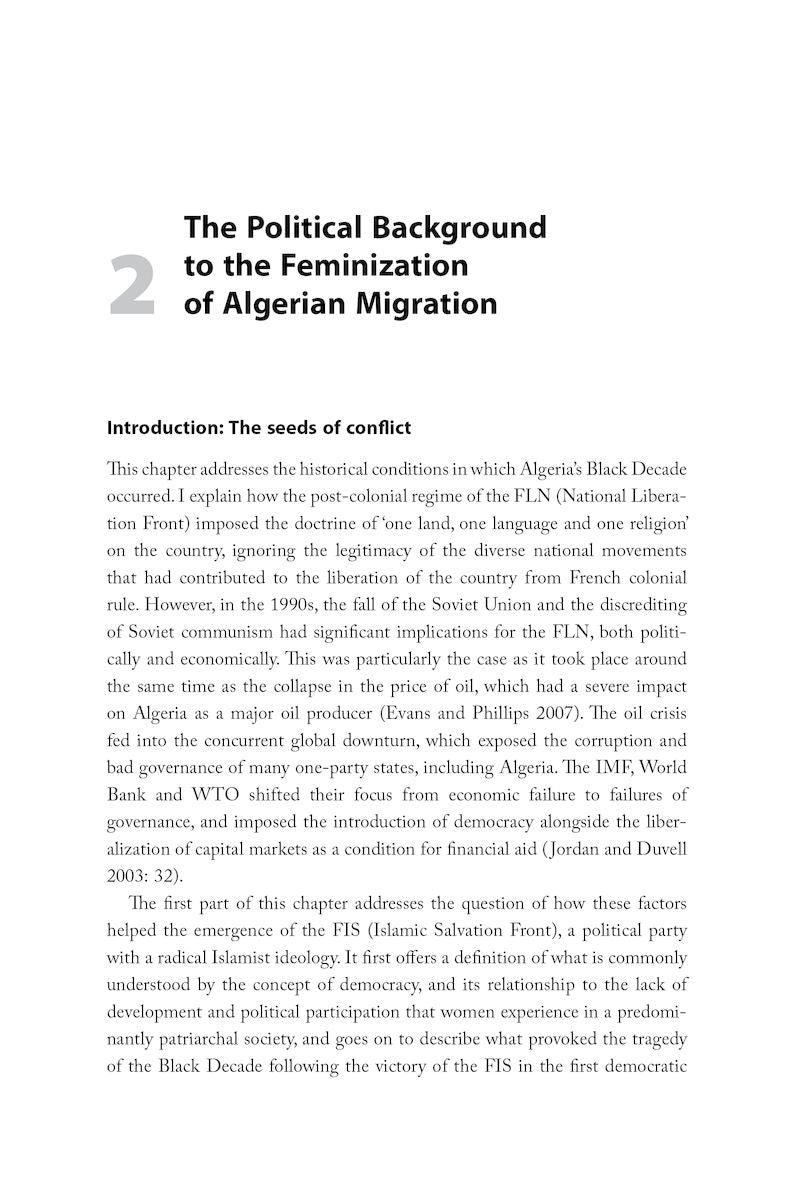
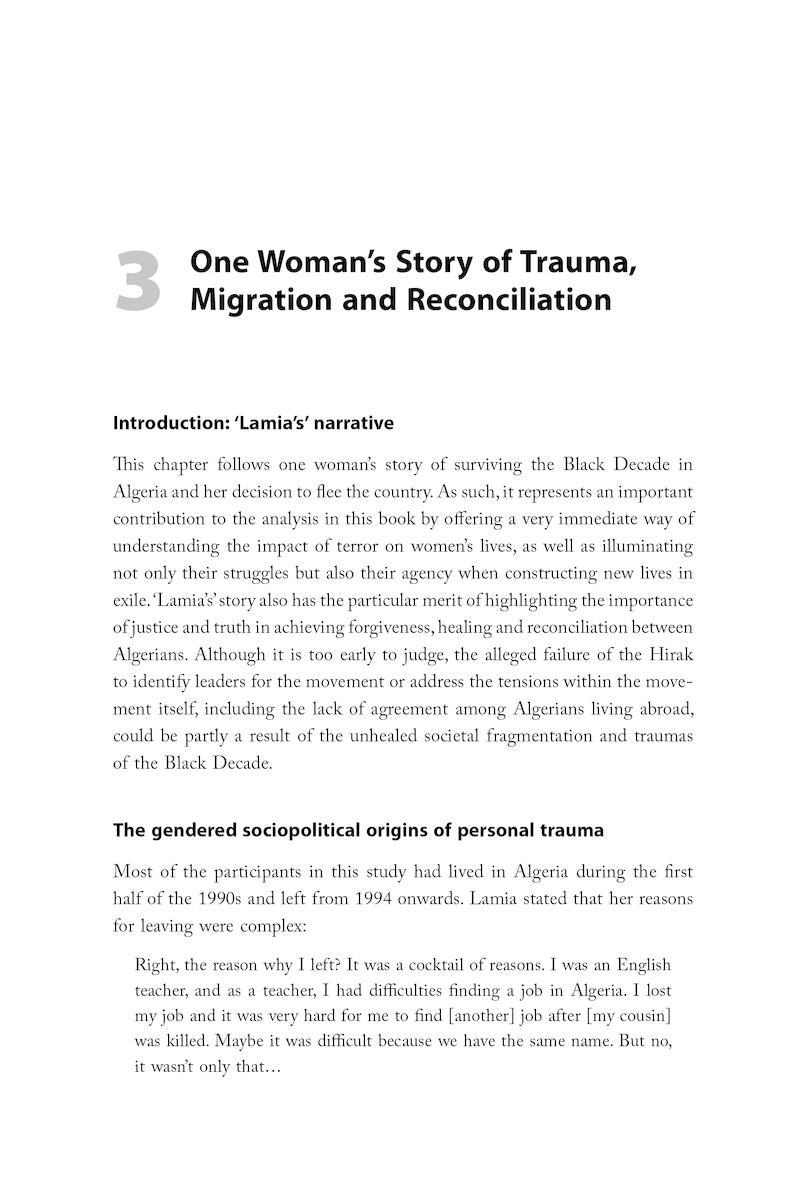
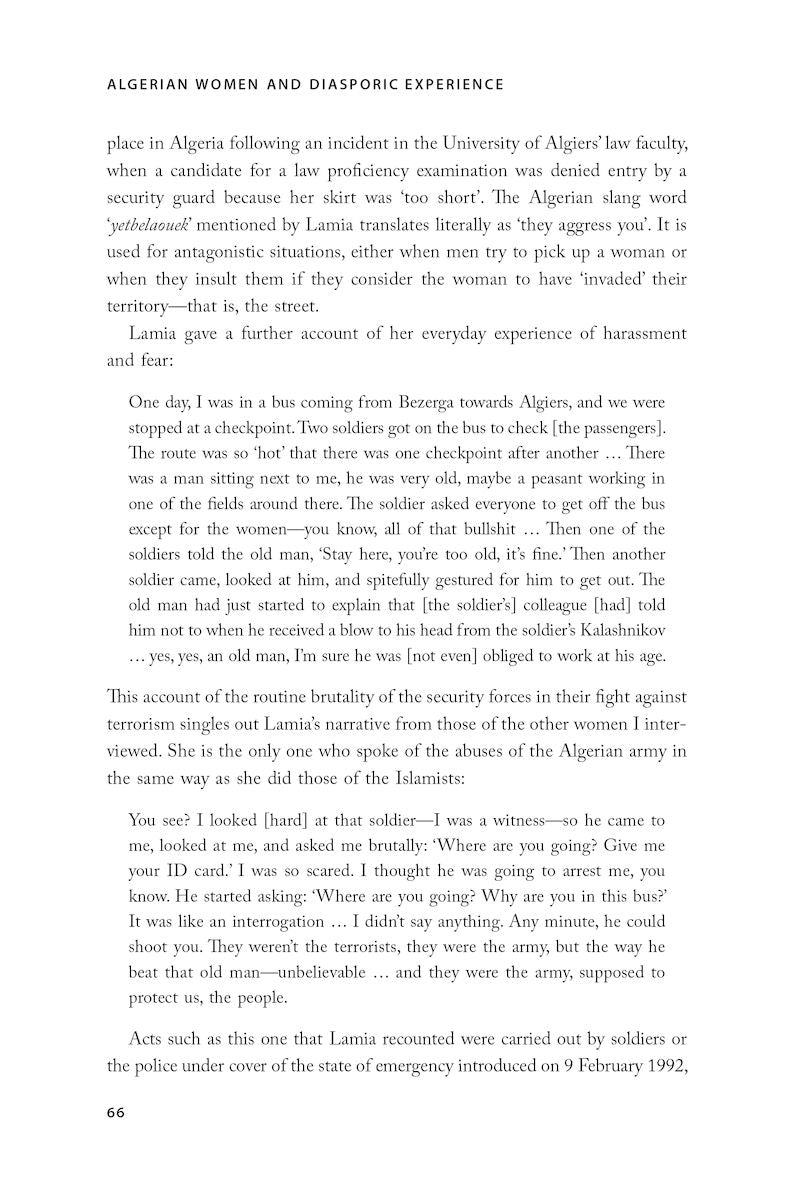
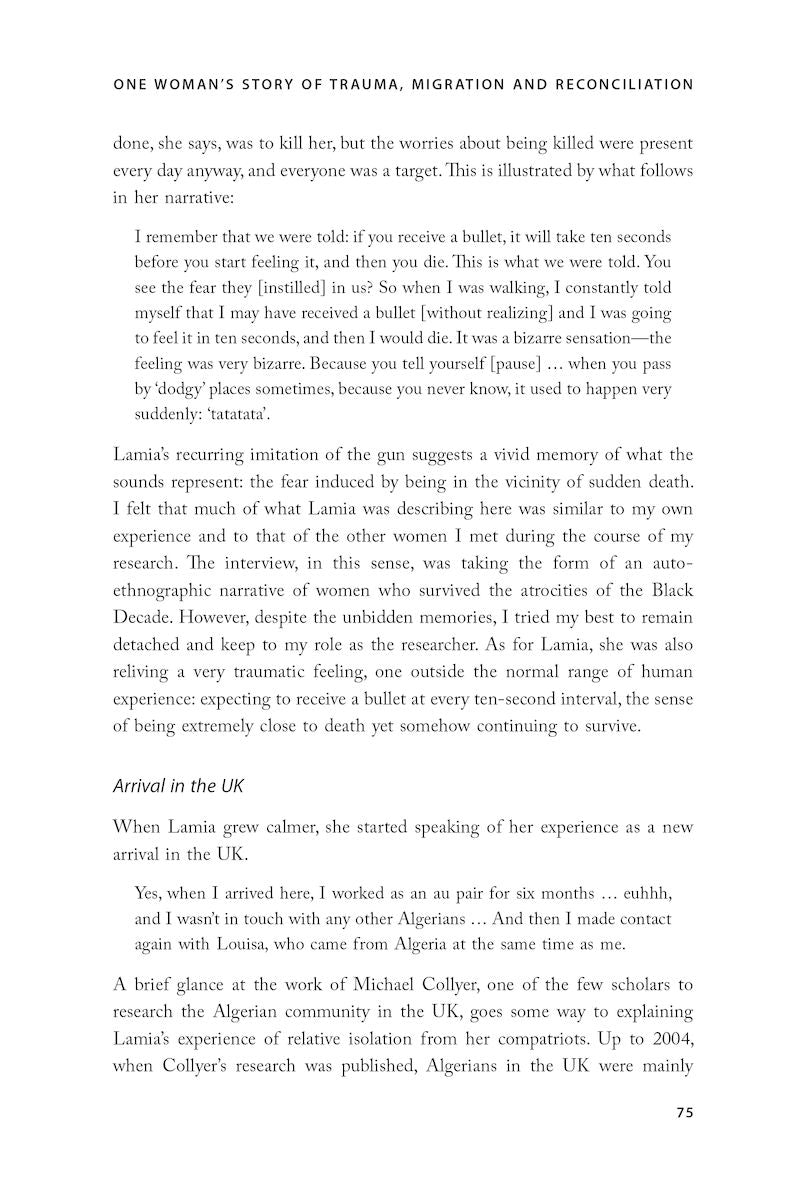
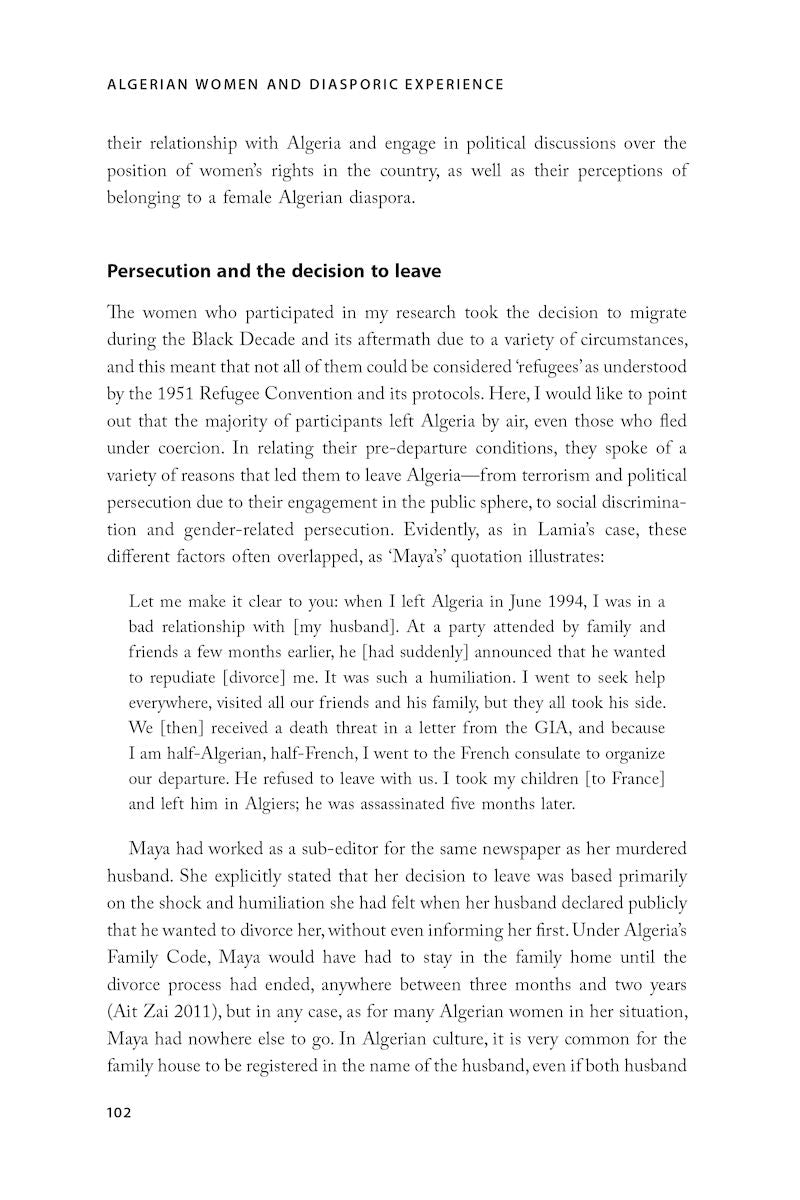
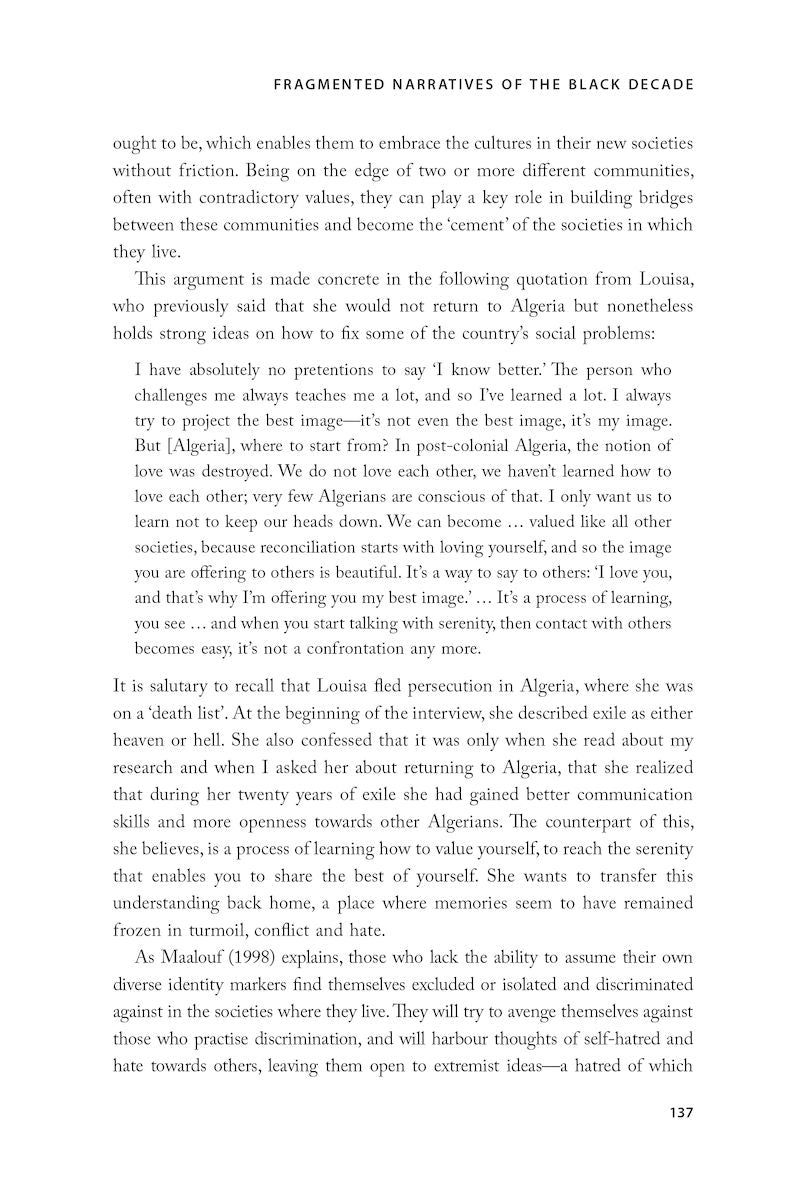
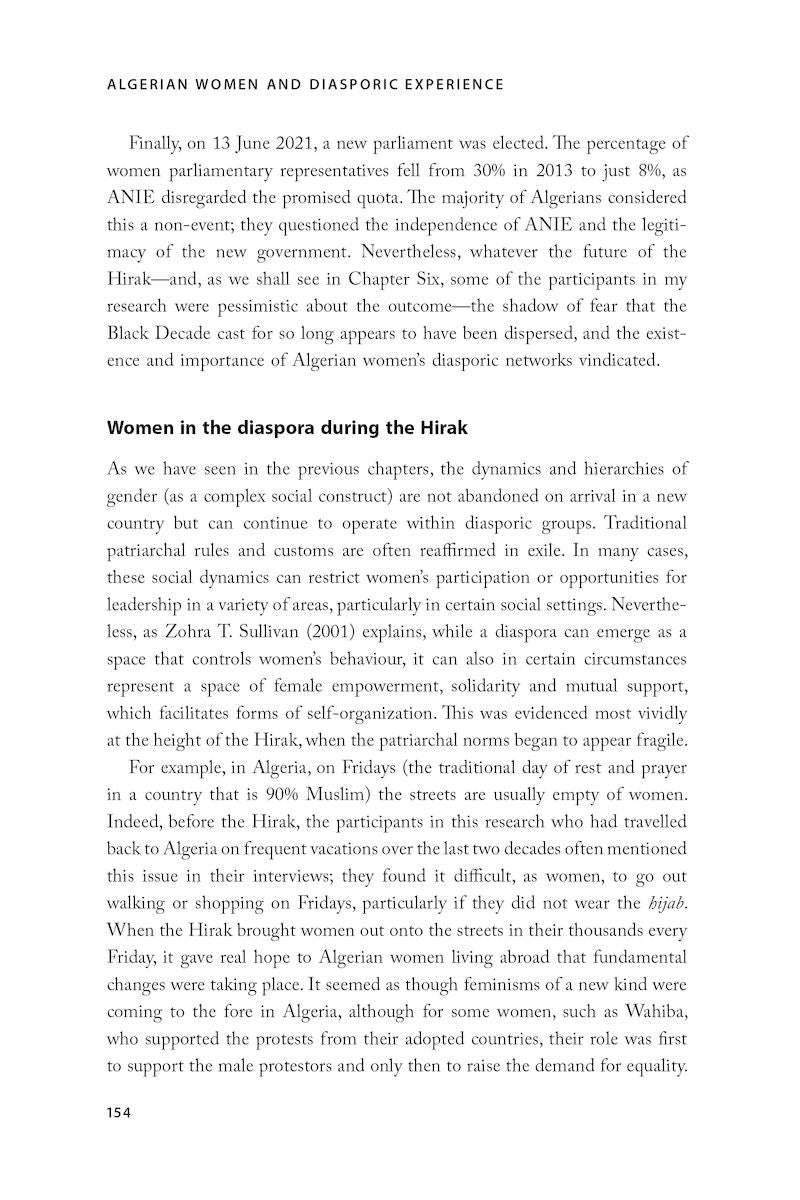
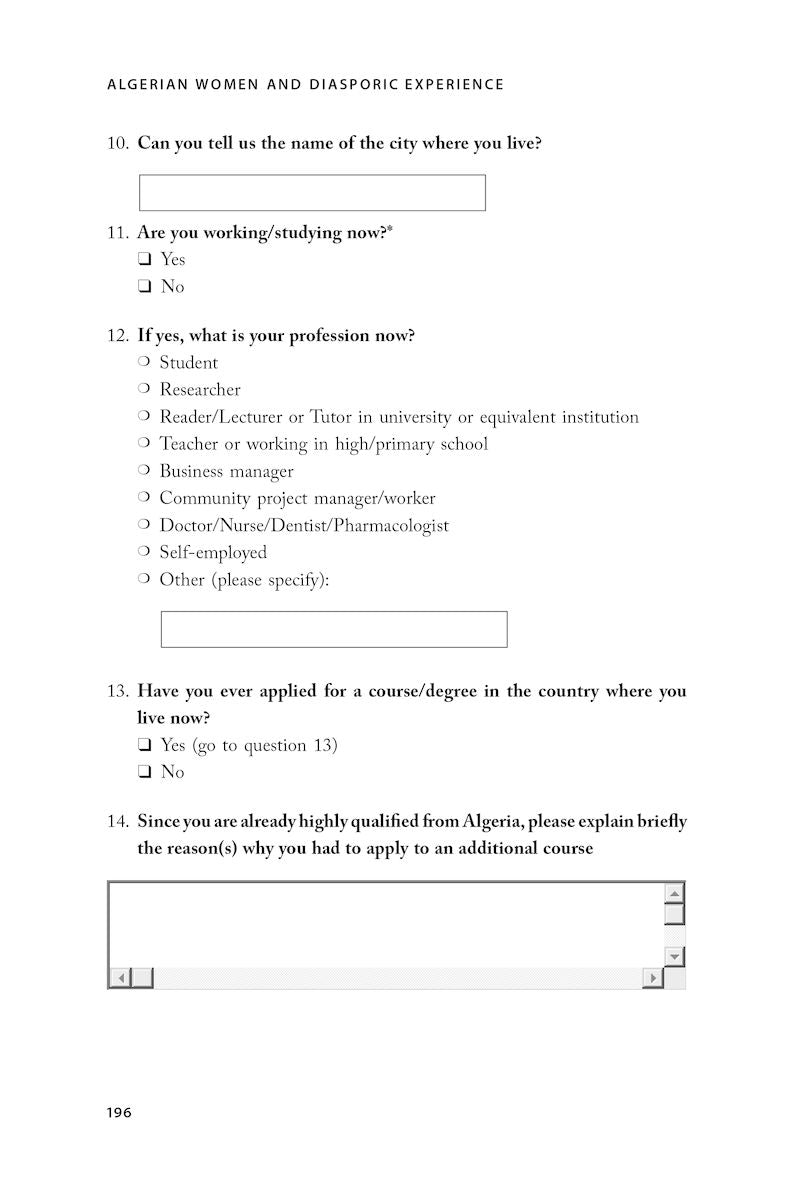
- 251 Pages
This book uses the narratives of women who fled Algeria in the 1990s—known as the ‘Black Decade’—to offer a more intimate understanding of the violence women face in times of conflict. It details their struggle for independence, and for freedom from the violence directed against them as women, as well as revealing the obstacles they encounter when seeking gender-appropriate international protection. Chapters also investigate these women’s life experiences beyond Algeria, and the professional and cultural networks they form. Such networks play an important role in enabling the female diaspora to maintain relationships with Algeria and to engage in political discussion concerning the recent revolutionary Hirak movement, which emerged in 2019.
Latefa Narriman Guemar has been publishing on the Algerian diaspora and Algeria’s socio-political context since 2012, drawing on her own experiences as well of those of others. The result of rich empirical data gathered through months of fieldwork with women survivors of the 1990s conflict in Algeria, this book employs innovative research methods to investigate female experience of conflict, flight and living in exile. It challenges official narratives which deny the mass exodus of highly skilled Algerian women in recent years, and provides an important contribution to the study of Algerian postcolonial history. It also offers new ways of approaching healing processes for female victims of persecution and terrorism.
Latefa Guemar's highly original and important book provides powerful insights into the Algerian conflict of the 1990s and the particular impact on women in exile, providing vital new knowledge about the experience of forced migration, as well as critical analysis of a gender blind migration system in Europe. Guemar's work makes significant contributions to theoretical debates around the concept of diaspora and our understanding of diasporic consciousness. The book will be of great value to scholars of peace and conflict studies, Algeria and North Africa, as well as forced migration, gender, feminist theory and agency.
Dr Jessica Northey, IPS Centre for Trust, Peace and Social Relations (TPSR)
Through its coverage of both the civil conflict of the 1990s and the mass protests of more recent years this book makes an important contribution to our understanding of the recent history of Algeria. By focusing on the experiences of Algerian women in the diaspora, new and crucial insights are offered into the tumult experienced by Algerian society as a whole. Essential reading for anyone wanting to comprehend both contemporary Algeria and the wider Maghreb region.
Dr Michael Willis, King Mohammed VI Fellow in Moroccan and Mediterranean Studies, Oxford University
An exceptional volume with important insights into how women in the Gulf manage interactions with the state and employers; with husbands and families; and with broader society as producers and curators of creative work. Gulf Women's Lives draws particular attention to how identity considerations influence how women navigate the challenges and opportunities they encounter. A must-read for anyone who wants to understand more about Arab Gulf societies.
Lisa Blaydes, Professor of Political Science, Stanford University
Guemar’s lived experience and professional expertise validate her authorship of Algerian Women and Diasporic Experience in a way that is deeply personal, yet objective, and intriguing. The book will attract anyone who studies, teaches, researches, practices, or advocates in the area of diaspora, displacement, refugee, and migration studies especially those with particular interest in gender, development, and peace/conflict studies.
Dr Veronica Fynn Bruey
Journal of Internal Displacement
This interesting and well-written study opens the door to a field that scholars have largely overlooked: the highly skilled professional woman... Most importantly, the text allows us to see women migrants in a new light, shifting the discourse from a view of the traumatised and needy woman to that of the empowered individual.
Mildred Mortimer
The Journal of North African Studies
List of Abbreviations
Acknowledgements
Glossary
Preface
1. The Birth of a Research Project: Defining a Diaspora
2. The Political Background to the Feminization
3. One Woman’s Story of Trauma, Migration and Reconciliation
4. Fragmented Narratives of the Black Decade: Identity, Transnational Space and Belonging
5. Women of the Black Decade and the Hirak
6. Final Reflections
Appendices
Bibliography
Index
- 251 Pages







